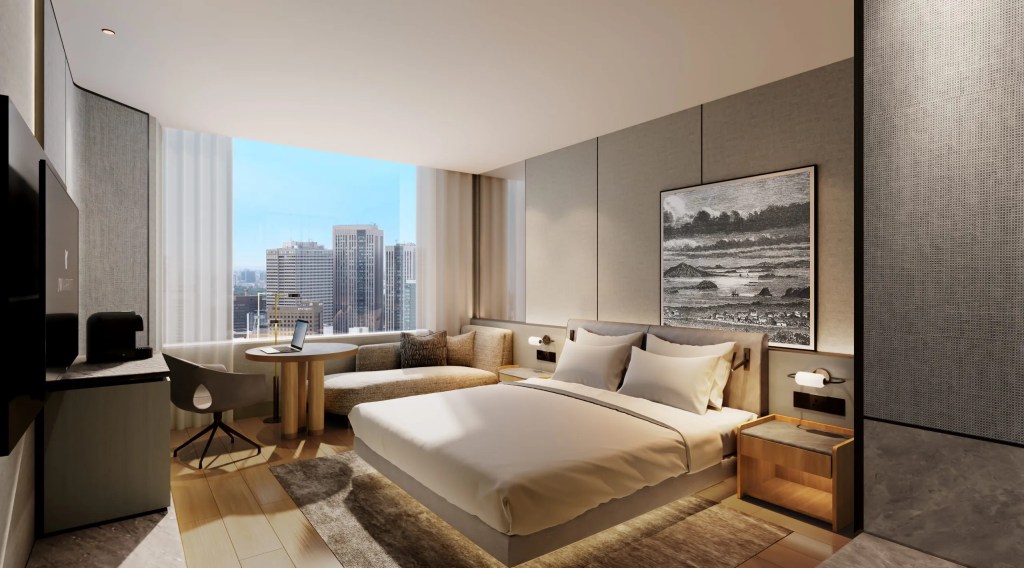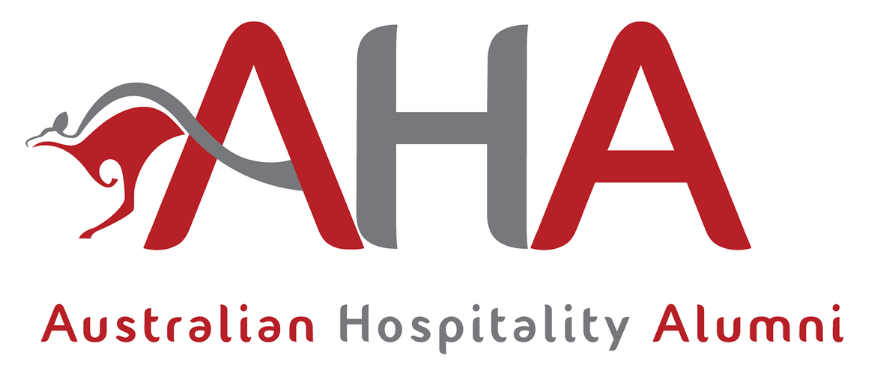Big hotel chains and independent hotel operators are increasingly linking up in franchise agreements as they realise mutual benefits in navigating economic challenges.
Big hotel chains maintain investor satisfaction by securing new franchise agreements through conversions, thereby opening new hotels in the short term. Conversely, independent, unbranded hotels choose franchise agreements as it grants them enhanced access to potential bookings and more affordable financing options from lenders.
In the hotel industry, converting existing properties into branded hotels is becoming increasingly popular. For big hotel chains like Marriott International and Accor, this strategy accounted for a significant portion of their new room signings and hotel openings in 2023.
Marriott International’s CEO, Anthony Capuano, explained that in today’s financial landscape, where it’s not easy to secure funds for new construction projects, conversions are gaining importance. Essentially, converting existing buildings into hotels is a cost-effective way for these companies to expand their businesses.

Hotel operators benefited from the surge in “revenge travel” as the pandemic receded. However, the economic rebound also brought higher interest rates – making life more difficult for smaller operators who rely on capital borrowing to fund their operations.
Roughly 1,980 hotels opened in 2023, down from 2,730 in 2019, according to hotel development intelligence firm Lodging Econometrics.
“Access to hotel financing, especially in South America, is currently limited since many hotels faced difficulties in meeting their debts during the pandemic,” said Fernanda L’Hopital, South America director of consulting and valuation at hospitality consulting firm HVS.
According to Robin Farley, a UBS equity analyst, if hotel owners need to renew their loans or if they’re dealing with loans that were extended but are now coming due (often called a “wall of maturities”), having a well-known hotel brand attached to their property could make their situation easier. This is because lenders might view branded hotels as less risky and be more willing to offer favourable terms for refinancing or extending loans. Essentially, having a recognisable hotel brand can help owners navigate financial challenges related to their loans more smoothly.
Approximately $217 billion worth of hotel loans around the world are expected to come due, or mature, by the year 2025, said Zach Demuth, JLL global head of hotels and hospitality research.
Those loans are likely to be refinanced at higher interest rates. In the U.S., interest rates for new branded hotels are between 6.75% to 8.25%, up from 5-6% before the pandemic, said Shivan Perera, senior vice president of debts and participations at real estate lender Avana Capital. Un-branded operators generally have slightly higher rates between 7% and 9%.

Brand-affiliated hotels have a lower cash-flow risk than independent hotels, according to a 2022 Cornell University study based on 4,000 hotels over 20 years.
In Europe, real estate interest rates are trending at around 6% and 8%, up from 2.5% to 3% before the pandemic, said Tim Barbrook, head of debt advisory at HVS London. For branded hotels, rates are about 0.25% lower.
Big hotel companies have introduced new brands and strategies to attract smaller independent hotels. These new brands help them grow their number of hotels and make more money from fees, according to experts.
Hilton’s franchise and licensing fee revenue rose 14.6% year-over-year in 2023 and 38.5% in 2022, while Marriott’s were up 13% in 2023 and 40% in 2022.
Hilton and Marriott have seen their revenue from franchise and licensing fees go up in recent years. This is because they’re adding more hotels to their networks, which means they’re earning more money from fees.
One of these new brands is Hilton’s “Spark” chain, which was introduced in January 2023. For smaller hotel owners, joining a big brand like Hilton can help them attract more customers, especially those who are loyal to Hilton’s rewards program.
Lou Carrier, chief executive of Distinctive Hospitality Group, a development firm that opened the first Spark Hotel in Connecticut, says they chose to convert to Hilton because it helped them get lots of Hilton Honors members as guests right away. This shows how important loyalty programs are in bringing in customers to converted hotels.

